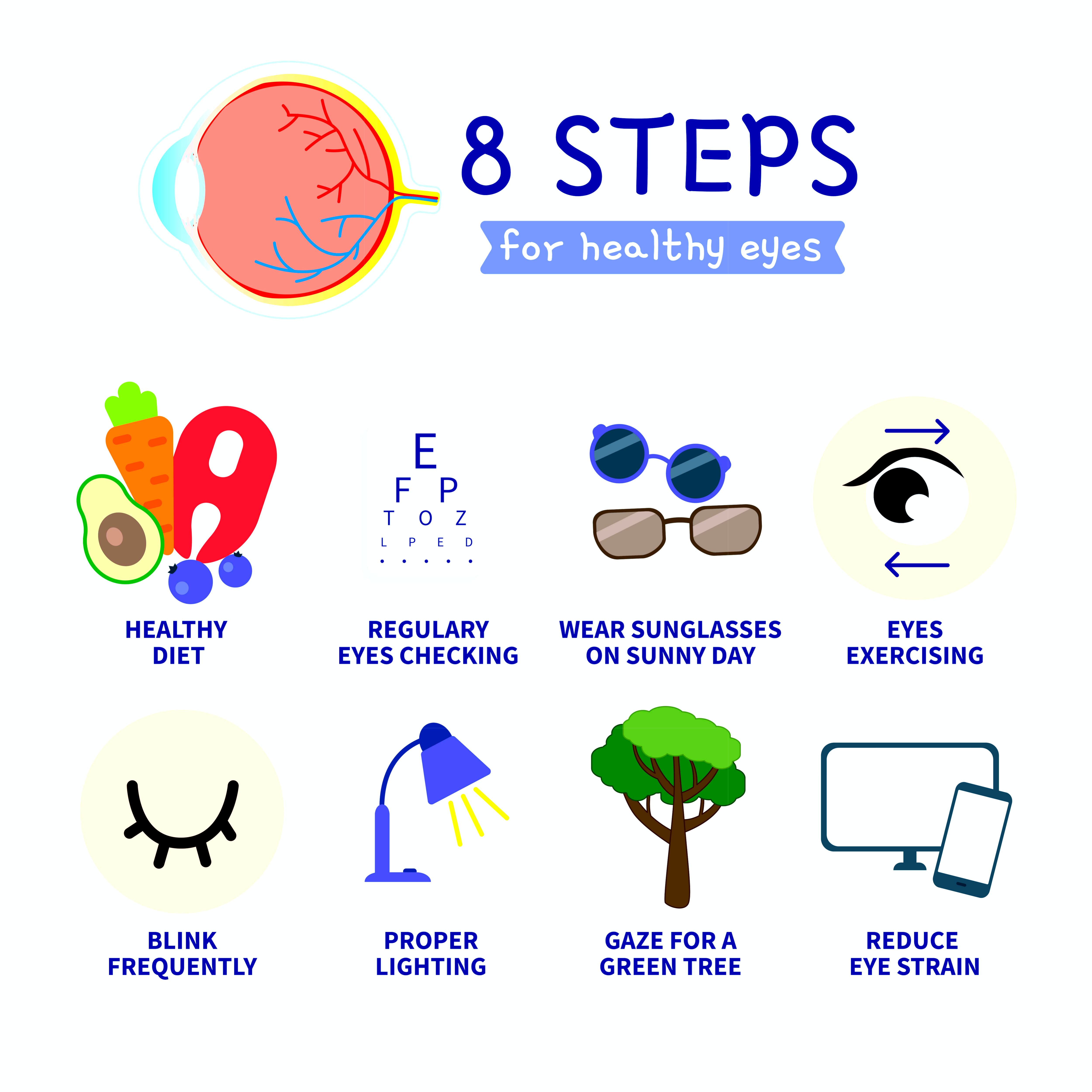All Categories
Featured
Table of Contents

Regular eye evaluations are essential for preserving good vision and finding possible eye wellness concerns early. The regularity of these exams can differ significantly based on a person's age, way of life, and overall health and wellness. Understanding the recommended schedule for eye examinations can assist ensure that people of every ages obtain ideal care and monitoring for their eye health.
Infants and Toddlers (0-2 Years)
For toddlers and babies, eye tests are crucial for detecting any prospective vision troubles beforehand. The American Academy of Ophthalmology advises that a child's initial eye exam should occur at around six months old. During this first go to, the eye treatment professional will evaluate the child's visual development and check for any kind of evident eye issues.Following this very first examination, it is recommended that kids have one more eye test at age three. This browse through will focus on examining the youngster's total visual feature, consisting of eye positioning and the ability to track objects. If no issues are spotted, the next test ought to be set up prior to the child begins college, typically around age 5 or six.
School-Aged Kids (6-18 Years)
Regular eye tests should be scheduled every one to 2 years as soon as kids get to school age. Vision is essential for discovering and development, and many schools conduct vision testings. However, these screenings do not change a comprehensive eye examination by an eye treatment expert.For kids associated with sporting activities or tasks requiring substantial aesthetic focus, yearly eye examinations might be recommended. Furthermore, if a child displays indicators of vision issues-- such as difficulty reviewing, squinting, or regular frustrations-- a visit to the eye medical professional ought to be arranged immediately.
Young Person (19-39 Years)
Young person generally have less vision adjustments than older age, yet normal eye tests remain essential. The general suggestion is to schedule an eye exam every two years during this duration. People with specific threat aspects-- such as a family history of eye condition, diabetes mellitus, or those that use get in touch with lenses-- need to take into consideration yearly eye tests.Furthermore, those that invest significant time on digital gadgets might experience electronic eye strain. If signs and symptoms such as dryness, exhaustion, or obscured vision occur, it might be smart to see an eye treatment specialist sooner.
Grownups (40-64 Years)
Adults aged 40 to 64 should set up eye exams every one to two years. Eye tests can also help identify various other usual age-related conditions such as glaucoma, cataracts, and macular deterioration.If people in this age team have threat variables such as hypertension or diabetes, they may call for more regular evaluations to monitor their eye wellness carefully.
Elders (65 Years and Older)
For senior citizens, routine eye exams end up being also a lot more critical. The American Optometric Organization recommends that individuals aged 65 and older have an eye test a minimum of as soon as a year. Older grownups go to a greater risk for various eye conditions, consisting of cataracts, glaucoma, and age-related macular degeneration. Early detection and treatment of these conditions can stop vision loss and boost the quality of life.Final thought.
Understanding the proper timetable for eye exams based upon age is important for preserving optimum eye wellness throughout life. From babies to senior citizens, routine eye assessments play an important role in discovering problems early and making sure that vision continues to be sharp. By adhering to these guidelines and speaking with an eye care expert, people can take aggressive actions toward maintaining their vision and general health and wellness. Whether it's a youngster's very first visit or an elderly's annual exam, prioritizing eye treatment is an investment in long-lasting wellness.Table of Contents
Latest Posts
Delight in Fresh Seafood and Coastal Menus at Deauville Inn’s Dining Room
Published May 15, 25
2 min read
Plan Your Dream Wedding at Deauville Inn: Stunning Waterfront Venues
Published May 15, 25
2 min read
Welcome Amazing Receptions at Deauville Inn: Book 6 Gorgeous Rooms
Published May 14, 25
2 min read
More
Latest Posts
Delight in Fresh Seafood and Coastal Menus at Deauville Inn’s Dining Room
Published May 15, 25
2 min read
Plan Your Dream Wedding at Deauville Inn: Stunning Waterfront Venues
Published May 15, 25
2 min read
Welcome Amazing Receptions at Deauville Inn: Book 6 Gorgeous Rooms
Published May 14, 25
2 min read